Petri is a cisgender heterosexual man, and this question marks the beginning of an exploration into the many and ambiguous meanings that these female avatars hold for him and for other men, between queer experimentation and the desire for control. Before being truly plugged into or grounded in cyberspace, a person must create a mask. […] Masks camouflage the body, and in doing so liberate and give voice to virtual selves, writes Lynn Hershman Leeson in Romancing the Anti-body: Lust and Longing in (Cyber)space (1995).
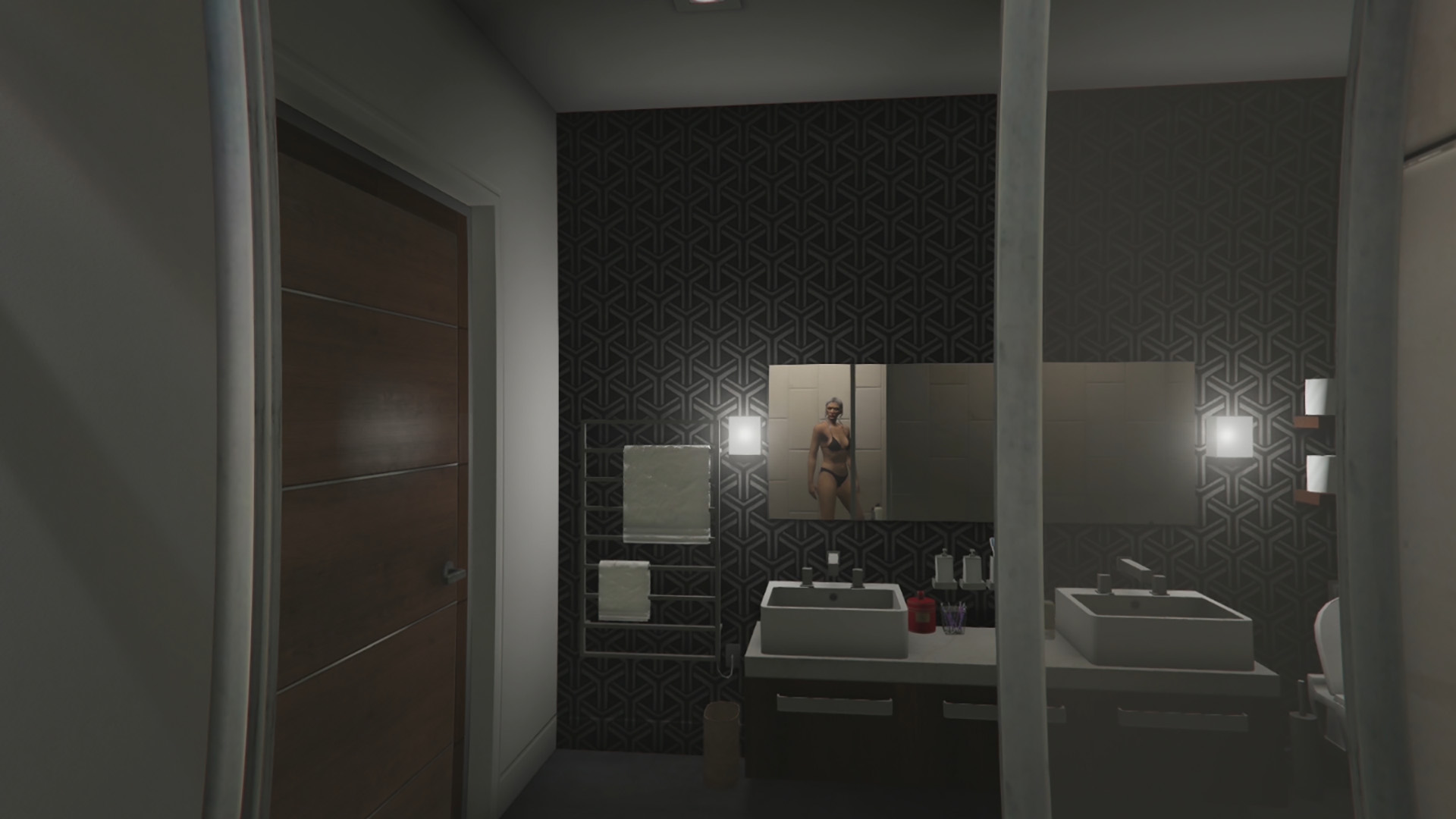
This essay is the starting point for Identity Quest by Jamie Jankovi?, an ongoing series of works inspired by my in-hindsight examination of why I would be so drawn to female video game characters when I was younger and how this would eventually factor into the realisation of my transness and transfemininity later on, the artist explains.
The series currently comprises two machinima. Outsourcing (My Desires To Avatars) (2019), made in collaboration with Deborah Findlater, is an audiovisual poem about what it means for marginalised people to access a form beyond their own. It explores the tension between the joy of embodying an other and perfect body, and the social norms that regulate such an avatar and its perfection.
Then comes A Woman on the Internet (or, The Eternal Scream) (2021), a work that is both more expansive and more intimate than the previous one a poetic account of Jankovi?s transition, interspersed with reflections from others on their relationships with digital bodies, their experiences, and their interactions online. Jankovi? is now working with Petra Szemán on the third episode of the series, which will be interactive.
Matteo Lupetti writes about art criticism, digital art and video games in publications such as Artribune and Il Manifesto and abroad. He has been on the editorial board of the radical magazine menelique and in the artistic direction of the reality narrations festival Cretecon. His first book is ‘UDO. Guida ai videogiochi nell’Antropocene” (Nuove Sido, Genoa, 2023), a reinterpretation of the video game medium in the era of climate change and within the new multidisciplinary paths that foreground the non-human and its agency.







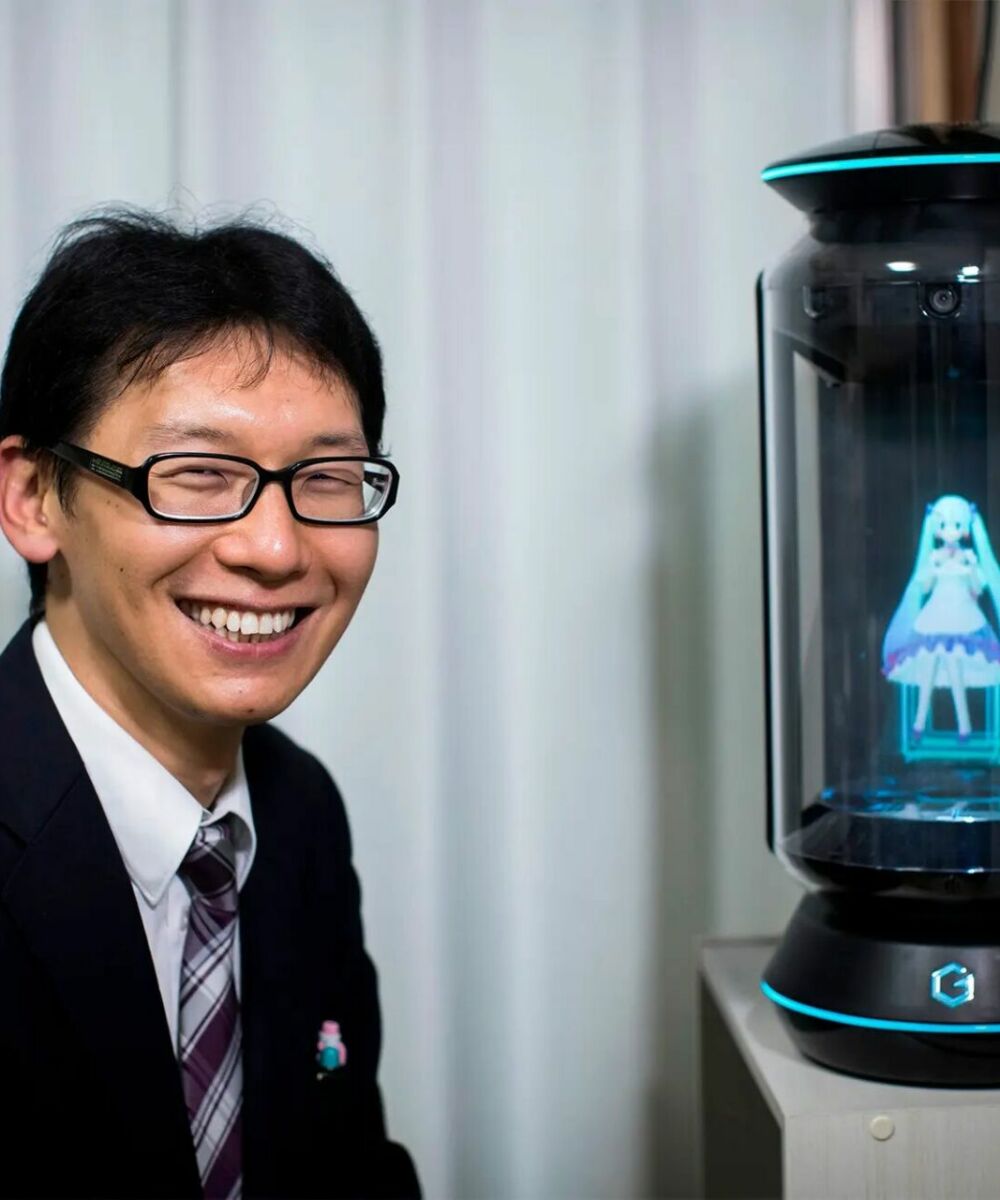







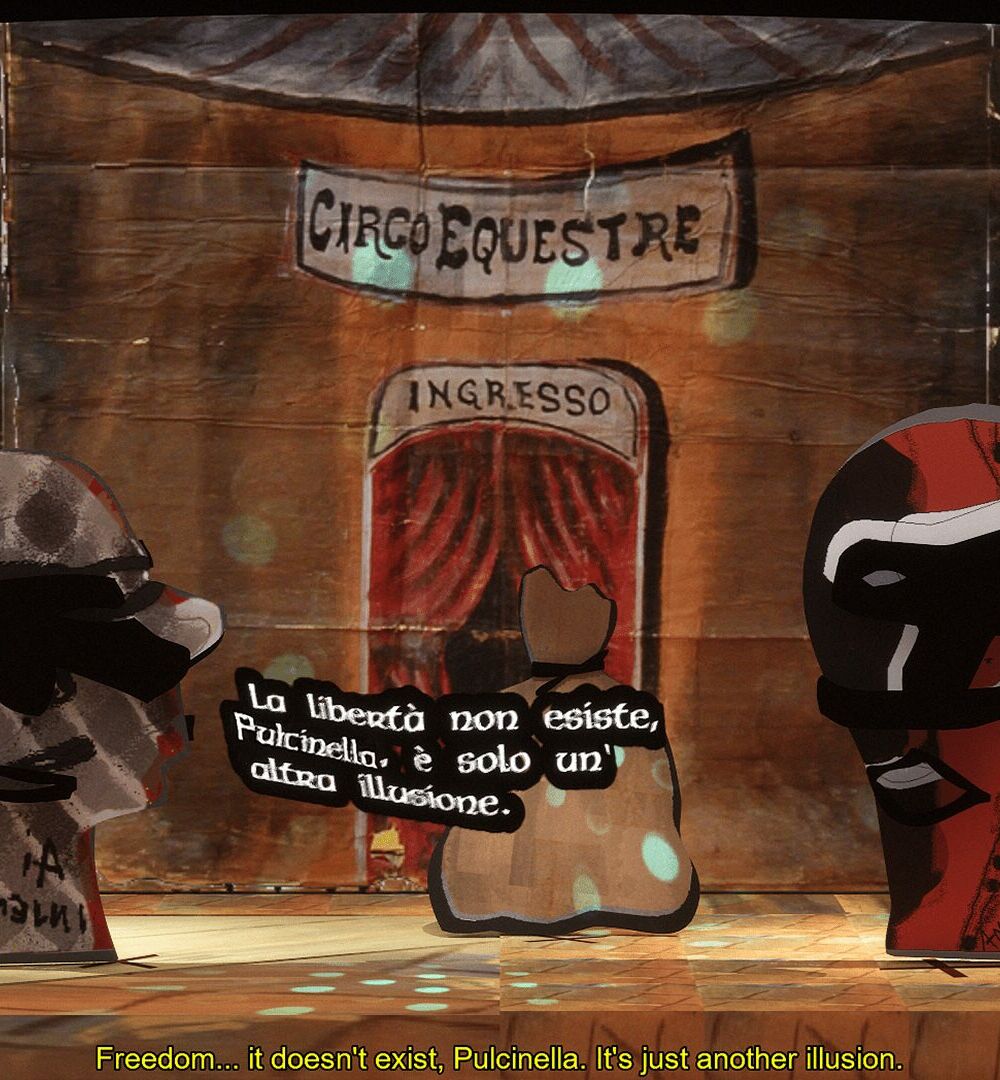

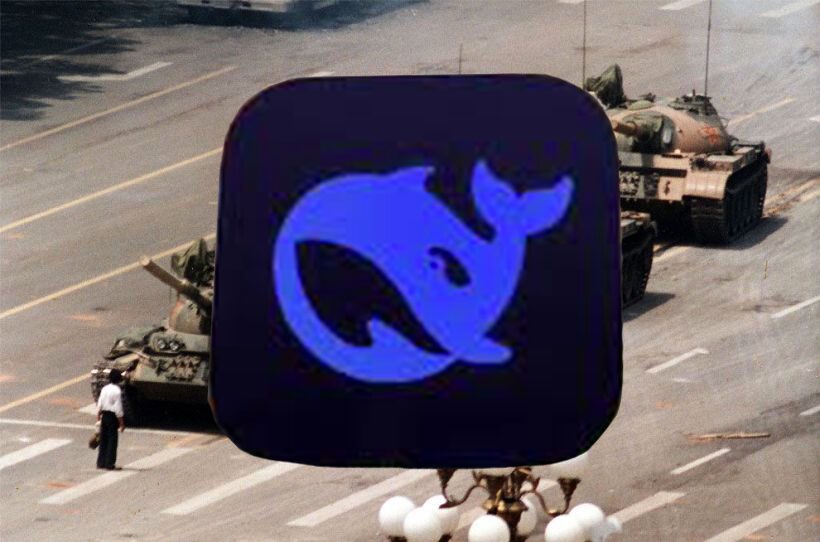



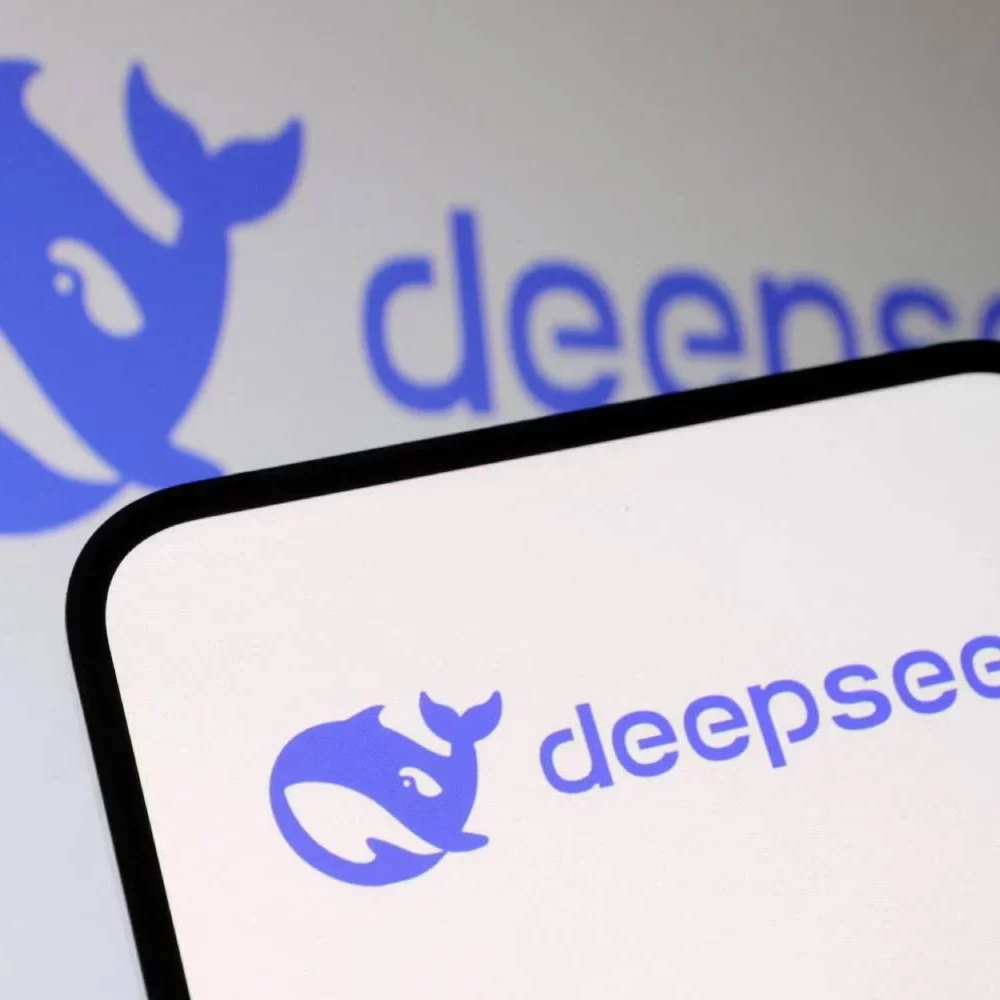



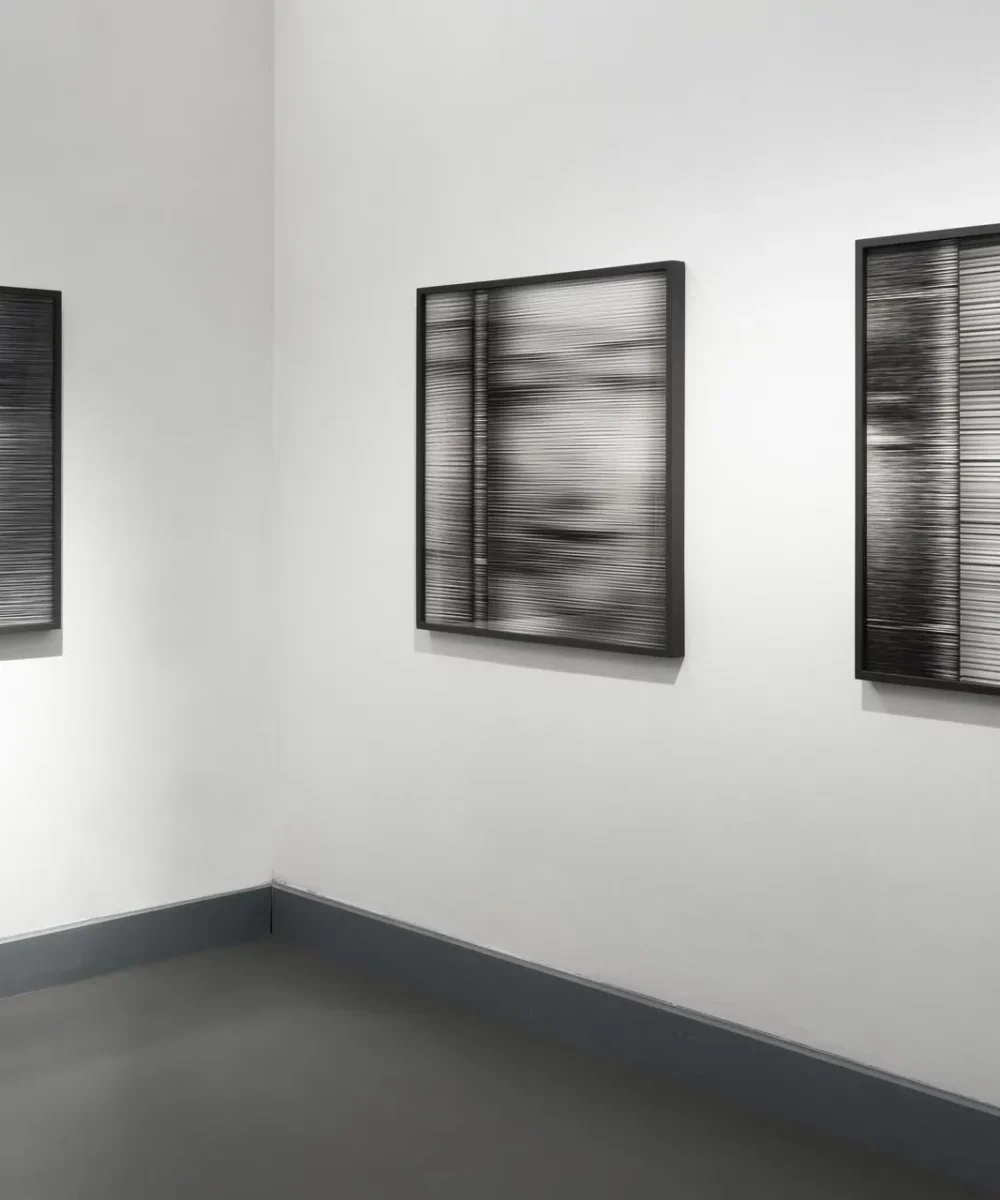







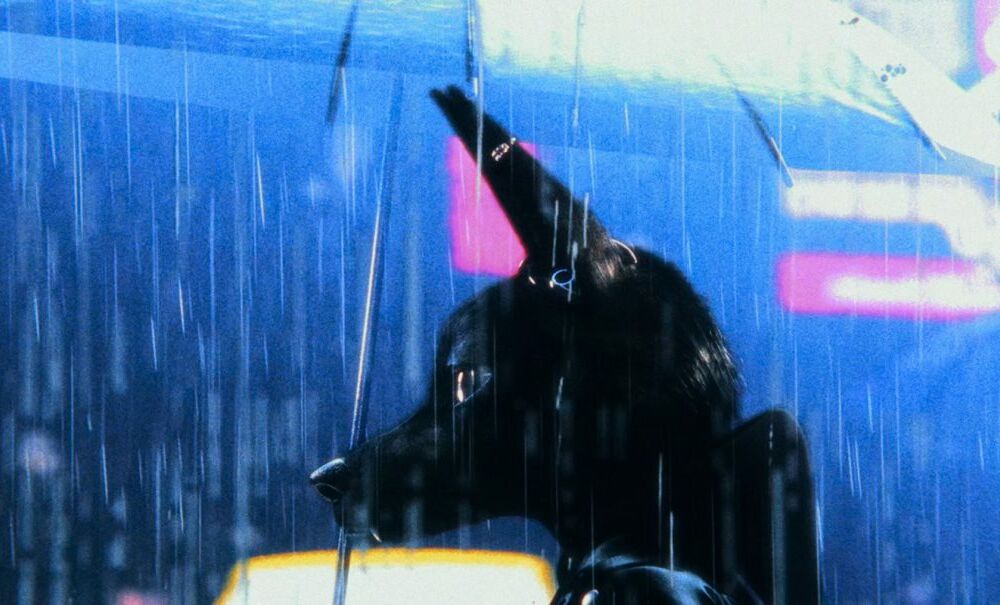

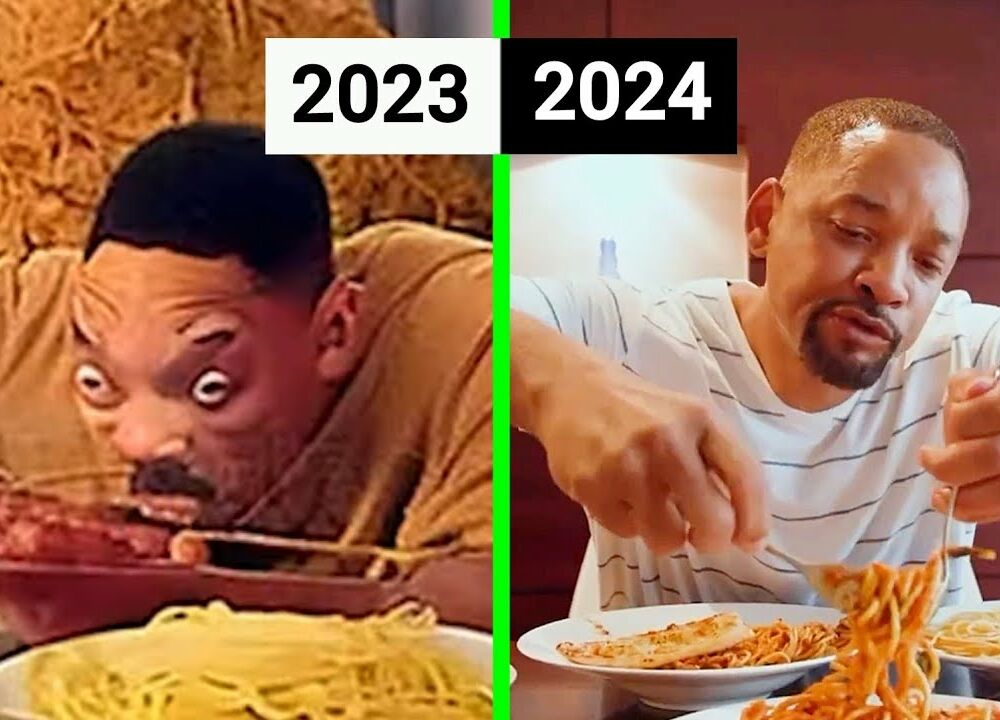

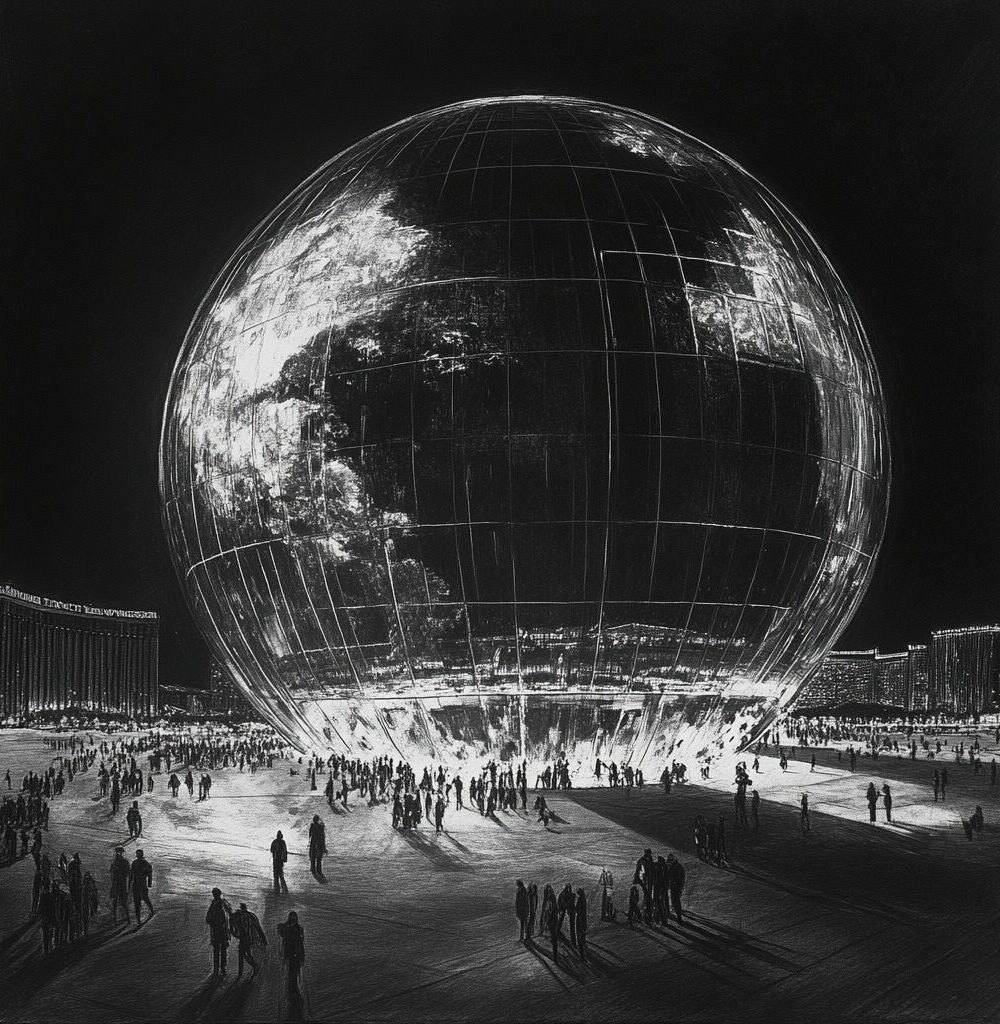

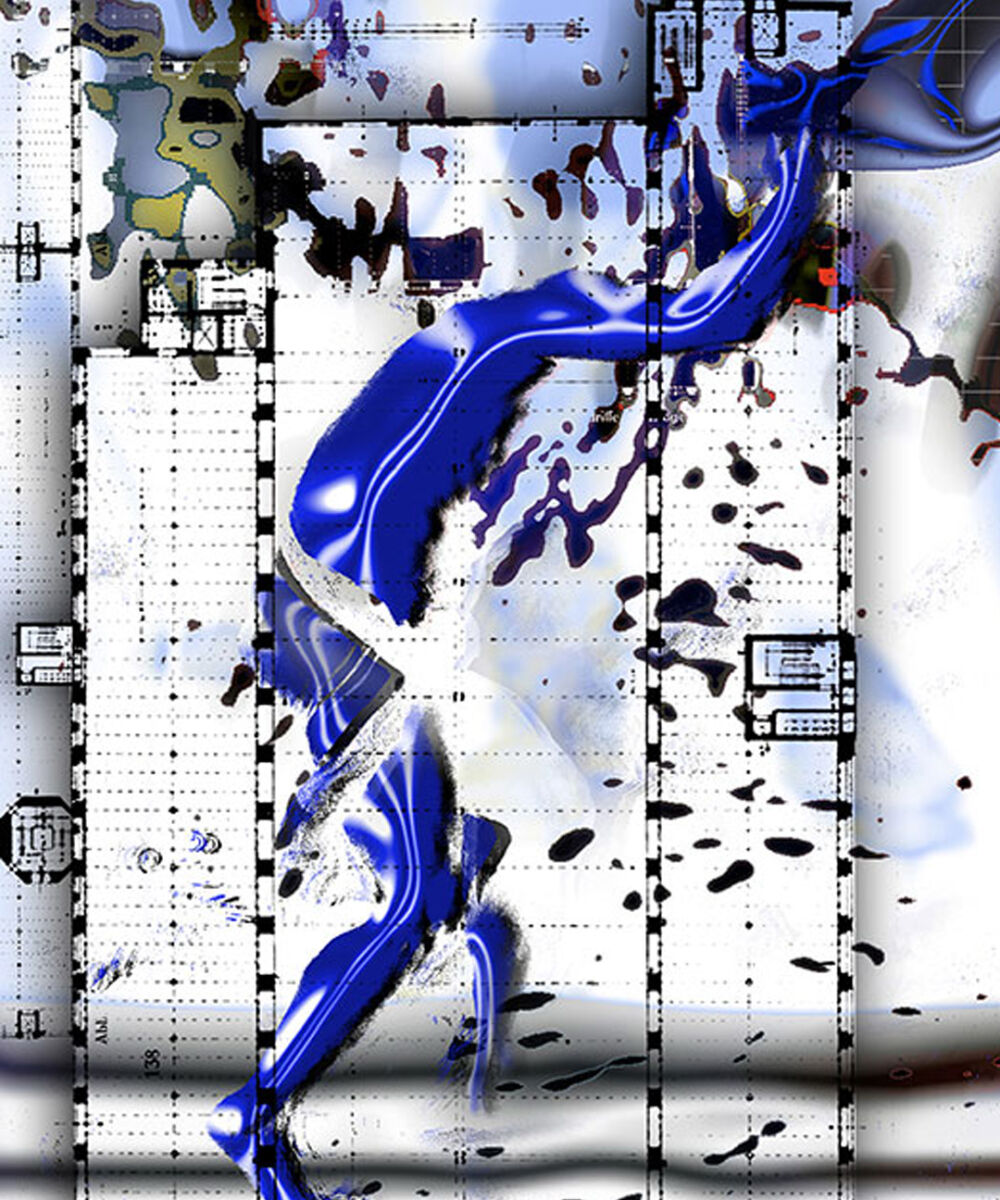

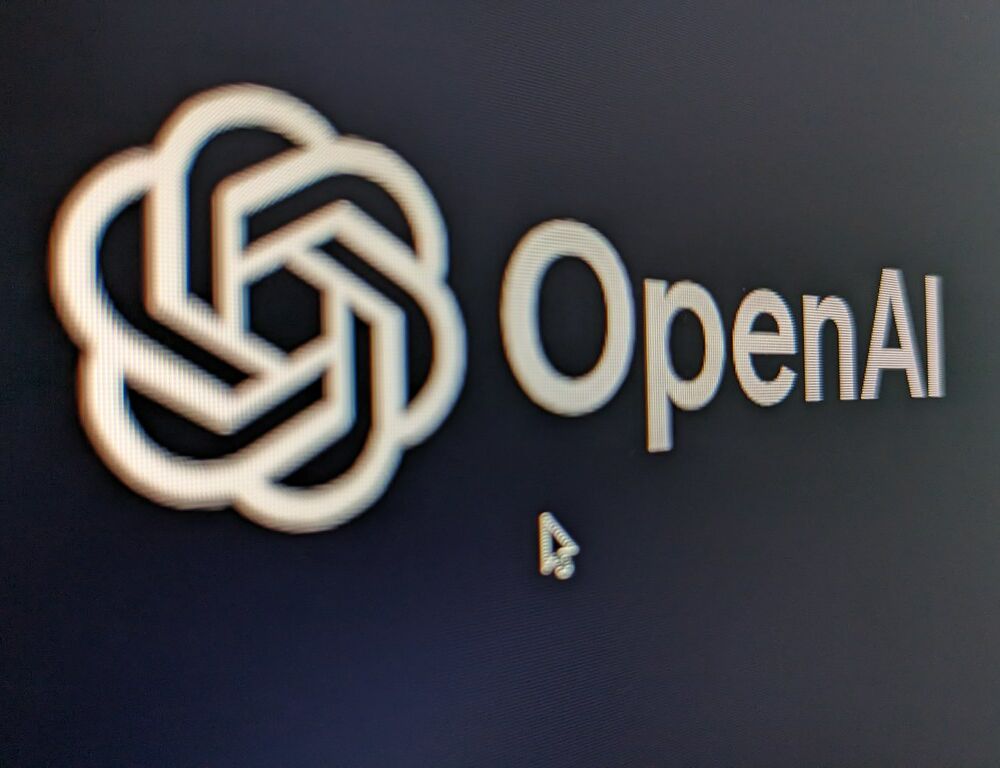




© COPYRIGHT THE BUNKER 2025. ALL RIGHTS RESERVED.
THE BUNKER MAGAZINE is a registered publisher at the Florence Court Register of Press, n.6214 / 03.03.2025